
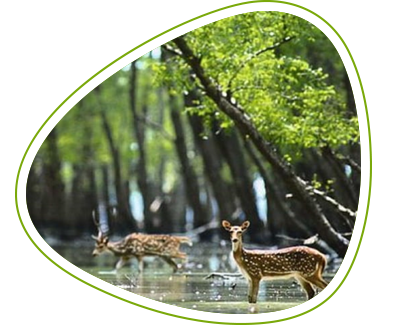
A cluster of low-lying islands in the Bay of Bengal, spread about 10,000 sq km across India and Bangladesh, Sundarbans is famous for its unique mangrove forests. Situated on the lower end of Gangetic West Bengal, the Sundarbans is criss-crossed by hundreds of creeks and tributaries. the Sundarbans is the largest single block of tidal, halophytic mangrove forests in the world.
A UNESCO World Heritage Site, the Sundarbans forest is home to many rare and globally threatened wildlife species such as the estuarine crocodile (CrocodilusPorosus), royal Bengal tiger (Panthera Tigris), Water monitor lizard (Varanus Salvator), Gangetic dolphin (PlatinistaGangetica), and olive ridley turtle (Lepidochelys olivacea). The forest in India is divided into the Sundarbans Tiger Reserve and 24 Parganas (South) Forest Division, and together with the forest in Bangladesh is the only mangrove forest in the world where tigers are found.
The interconnected network of waterways makes almost every nook and corner of the forest accessible by boats or rafts making it one of the most attractive and alluring places on earth and an undiscovered paradise. The Sundarbans also serves as a crucial protective barrier for the inhabitants in and around Kolkata against the floods that result from the cyclones which are a regular occurrence.
A region of unique biodiversity which supports a sizeable population of wild tigers and other wildlife, it is also an ecologically fragile and climatically vulnerable region that is home to over 4.5 million people. Securing the future of the Sundarbans, its biodiversity and people requires a long term vision that can integrate climate adaptation and conservation strategies along with shorter term interventions such as ensuring sustainable livelihoods, access to clean and sustainable energy and effective human wildlife conflict management.

With the vision of working as change agent for the region, Purba Chintamonipur Chetana Sangha was established in 2000, and got its official registration in 2004. Chetana works in two blocks of South 24 Paraganas district of West Bengal, Pathar Pratima and Kakdwip. Work of Chetana covers 25 villages across 5 Gram Panchayats in the region.
Subsequently, all farming related activities have been consolidated under Sundarban Chetana Farmer Producer Company, formed in early part of 2022. Other social development and community work continues to be carried out under the banner of Chetana Sangha.
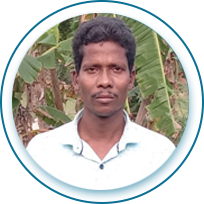
MD & CEO - Chetana FPC
Secretary - Chetna Sangha
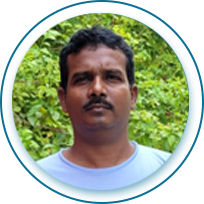
Director- Chetana FPC
President – Chetana Sangha
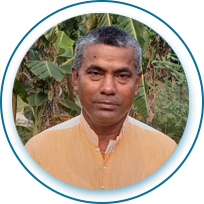
Chairman – Chetana FPC
Vice President – Chetana Sangha
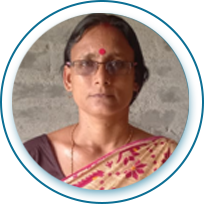
Governing Member – Chetana FPC
Assistant Secretary – Chetana Sangha
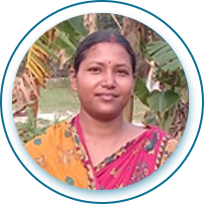
Governing Member – Chetana FPC
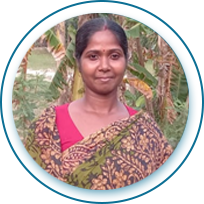
Governing Member – Chetana FPC
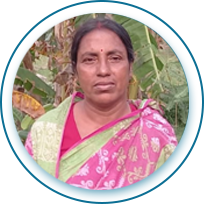
Governing Member – Chetana FPC
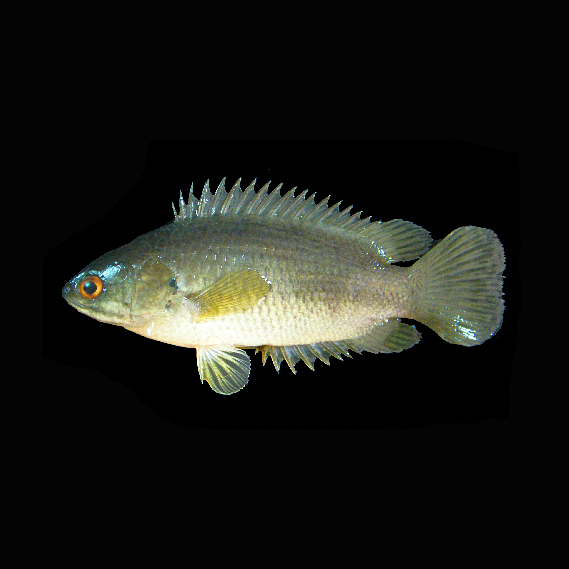
Desi Koi Fish

Chilli Powder
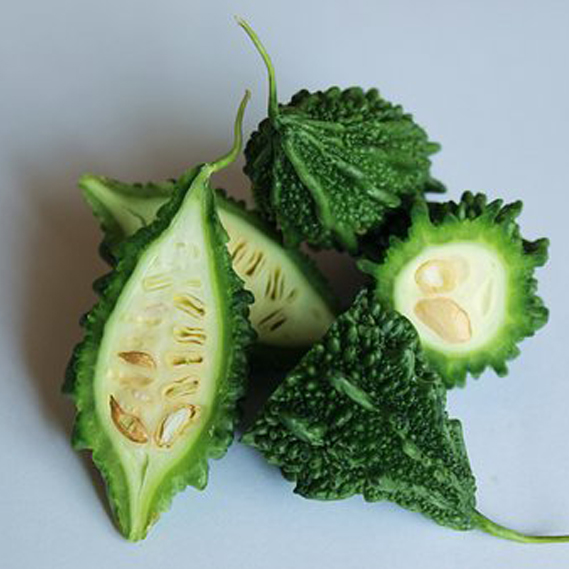
Bitter Gourd
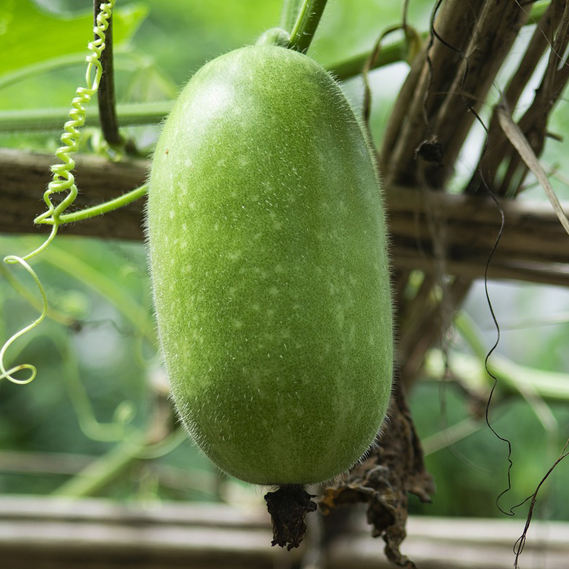
Ash Gurd
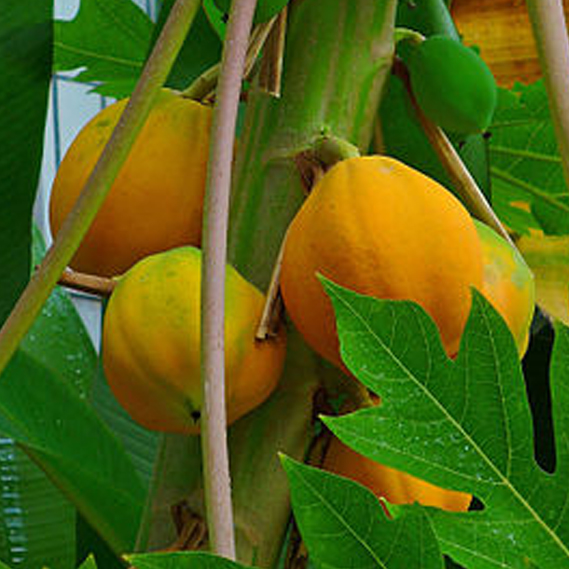
Ripe Papaya
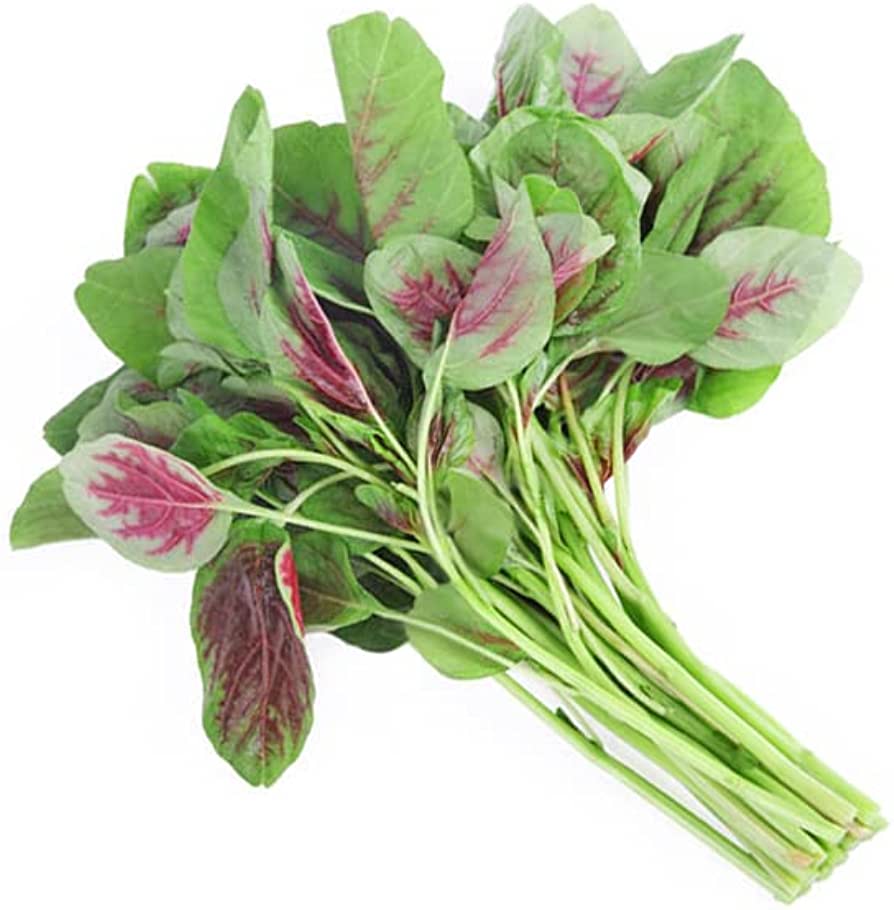
Amarnath Leaves
Sundarban Chetana Farmer Producer Company, formed in 2022, drives the sustainable Organic Agriculture Project. Through this project, farmers are taught to grow agricultural crops in an organic manner. Training is provided to the farmers on how to make organic fertilizers and organic plant protection products.The current number of beneficiary farmers associated with the project and involved in chemical free farming is 6500 approx, spread across 25 villages. Every family is visited by women supervisors from the village. Women's groups have been formed to undertake this farm support activity - total number of women groups is 452.
Sundarban Chetana FPC is commencing supply of chemical free farm inputs to the farming community. It currently offers direct to home delivery in select regions of Kolkata. The plans include setting up food processing units for increase in production capacity and value addition. Plans are also underway for establishing suitable trade linkages with organizations involved in bulk buying of agri produce.
Principal agri and livestock production with natural ingredients, as practiced by farmers, include paddy, ginger, tomato, chilli, turmeric, cucumber, variety of fruits, range of fishes, free range eggs and chicken meat. Other value added products include turmeric powder, chilli powder, forest honey, ghee and pickles.
Business operations of our FPC is now fully digital – with the farm-to-table platform from GreenQube as well as an e-commerce platform for our direct-to-home business.
There are natural disasters in the Sundarbans every year. We are working to plant mangrove saplings on the river to protect against this natural disaster and to prevent river dam erosion. In 2020, 25000 saplings were planted, 15000 in 2021 and 10000 in 2022.
90% of the trees in the Sundarbans public roads and river dams were killed due to the effects of Amphan and Yash cyclones.That is why, we are working to plant suitable trees in the Sundarbans to control the weather of nature. Banyan, ashwattha, karanja, acacia, and bamboo trees are planted with this objective - 10000 in 2020, 15000 in 2021, 10000 in 2022.
All the families living in the area adjacent to the river dam usually do not have land. So a nutrition garden has been arranged for those 120 families
To improve the quality of education of children from tribal families, arrangements have been made for education in coaching centers, with support in terms of books, pens, school fees. Four such centres support a total of 172 students.
To instill mental toughness and physical strength, a training center is run for girls of the villages. In 2022, 25 girls were trained, which increased to 37 girls in 2023. The project is run with support from Ekipi, USA. Girls have received silver and bronze medals through participation at the district and state levels. At the state level, 11 participated, nine won medals, five silver and four bronze. Our girls are now setting goals to compete nationally.
To bring the village boys in mainstream of personality development and manage the menace of mobile addiction, football training center has been started with support from Ekipi, USA. In 2020, 25 students received training. In 2023, 42 boys got the opportunity to play at Dukhiram training center in Kolkata.
Due to remoteness of the location and economic conditions, getting access to proper treatment for farming families is an eternal challenge. Chetana has arrangedfor financial assistance for treatment in specific cases – to the extent possible. Other than that, health campsare set up every three months with the help of doctors of Kolkata free of cost –with support for medications and diagnostic tests (about 150 patients each time).
We have learned through history that indigenous communities have many contributions to the world.They have actively preserved nature, have lot of contribution to society – but are neglected in all aspects of social development. Chetana is implementing a practice centre to preserve the indigenous language and culture, starting with 56 families in Purva Dwarkapur.
Started in 2022, the nursery school covers learning in both English and Bengali mediums, with a clear objective of making children proficient in English. In the first year, classes started with 30 children. There are plans to take classes up to secondary school. No fees are charged from the families of the children.
As an initiative to bridge digital divide, Chetana has recently rolled out GreenHub – a locally hosted curated OTT platform for community development offering content on education, civics, health, agriculture and entertainment for the farming community without any data charges. As an initiative to bridge digital divide, Chetana has recently rolled out GreenHub – a locally hosted curated OTT platform for community development offering content on education, civics, health, agriculture and entertainment for the farming community without any data charges.
For different initiatives mentioned above, Chetana is supported and guided by the organizations below.
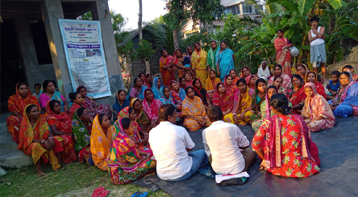
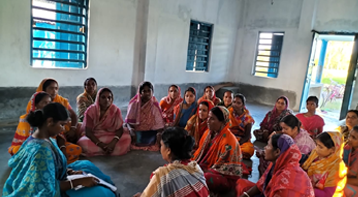
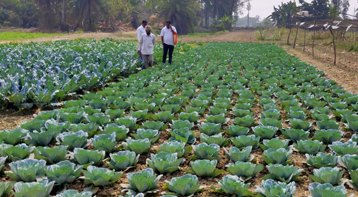
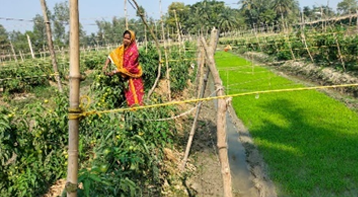
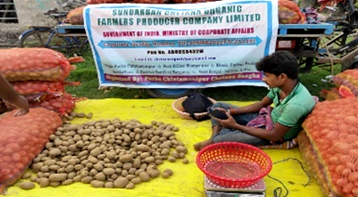
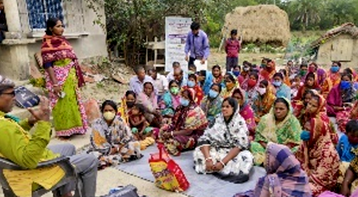
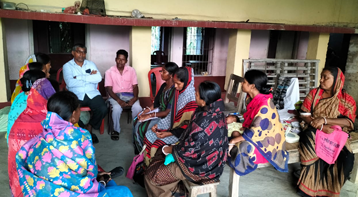
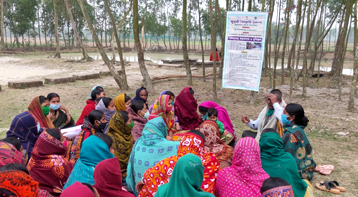
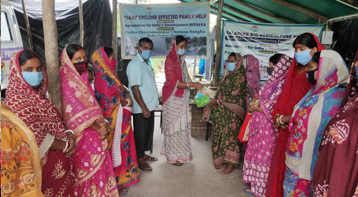
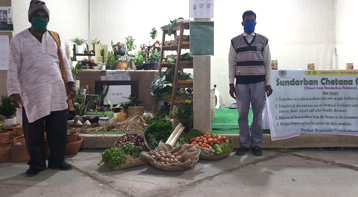
From Farm to Plate: A Journey with the Farmers of Sundarbans
AiStream Sundarbans 2023 Video